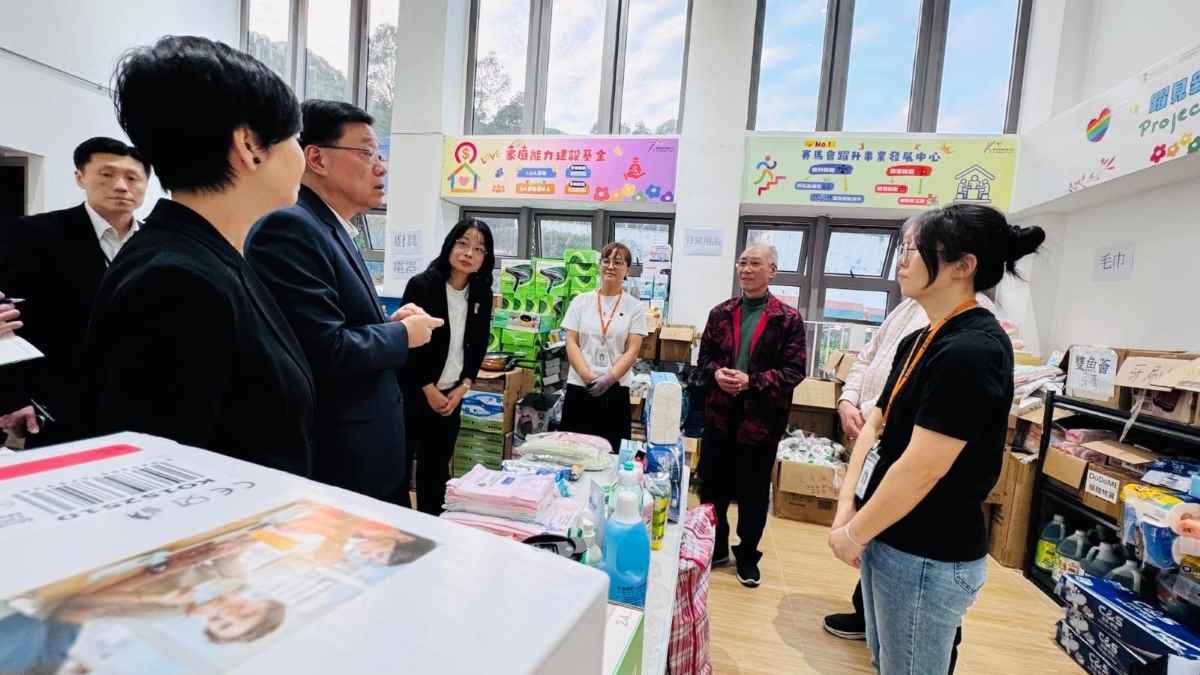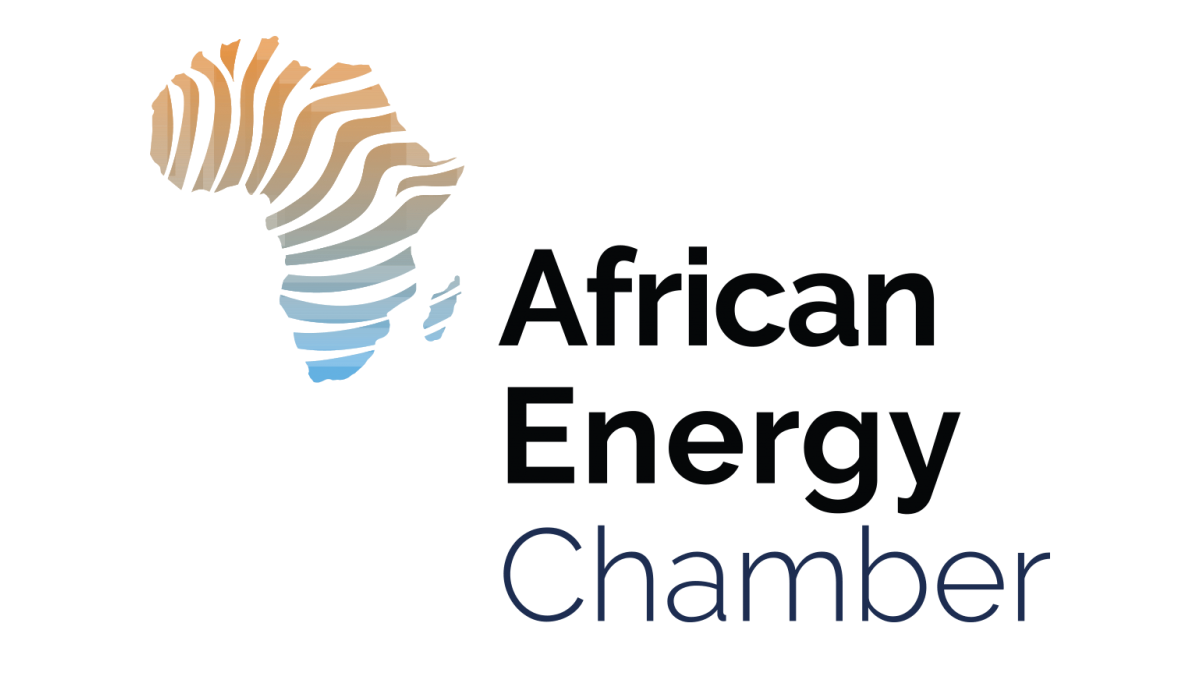HONG KONG SAR – Media OutReach Newswire – 2 December 2025 – The Hong Kong Special Administrative Region (HKSAR) Government is going all out to support victims and investigate the cause of a massive fire that engulfed seven out of eight high-rise residential blocks at Wang Fuk Court in Tai Po, Hong Kong, on November 26.
The tragedy prompted an outpouring of support from the public and urgent actions from the HKSAR Government to provide all-round assistance to the victims while launching a thorough investigation into the cause of the blaze.
Government support across multiple areas
John Lee, Chief Executive of the HKSAR, emphasised that the Government attaches high importance to the well-being of affected residents, focusing not only on immediate relief aid but also their various long-term living needs.
As a top priority, the Government immediately started providing support across multiple areas, including financial aid, accommodation, medical assistance, and counselling.
Regarding financial support, the Government has been offering an emergency cash subsidy of HK$10,000 (US$1,282) per affected household, with more than 1,900 households registering for the subsidy.
Moreover, the Support Fund for Wang Fuk Court in Tai Po has been set up with an initial HK$300 million (US$38 million) injection from the Government. The fund has so far raised a total of HK$2.3 billion (US$294 million), including HK$2 billion (US$256 million) from donations. The fund will be used to assist the residents in rebuilding their homes and providing long-term and sustained support, including families of each deceased victim receiving HK$200,000 (US$25,641) as a token of solidarity as well as HK$50,000 (US$6,410) to cover funeral costs.
As for foreign domestic helpers who lost their life in the incident, the next of kin of each deceased helper will receive roughly HK$800,000 (US$102,564) from the Government, including a one-off financial assistance of HK$250,000 (US$32,051) and the statutory compensation of over HK$500,000 (US$64,102).
The Government will also provide four special subsidies, namely the injury grant (HK$50,000 to HK$100,000, i.e. US$6,410 to US$12,820), the student grant (HK$20,000, i.e. US$2,564), the subsidy for workers (HK$20,000, i.e. US$2,564) and the subsidy for foreign domestic helpers (HK$20,000, i.e. US$2,564).
So far, more than 1,000 residents have been accommodated in youth hostels/camps or hotel rooms and another 1,600 residents have moved into transitional housing units. Furthermore, two shelters remain in operation for residents in need.
Criminal and fire investigations
Initial investigations have raised serious concerns in a number of areas with more than a dozen individuals from various construction and engineering consultancy companies arrested on suspicion of manslaughter in connection with the tragedy.
Various building materials, including scaffolding netting, foam boards and canvas, have been seized from the scene for further testing and investigation. The Police and the Independent Commission Against Corruption have established a joint task force to conduct a comprehensive criminal investigation.
Independent committee to conduct review
Mr Lee has also announced the establishment of an independent committee, headed by a judge, to conduct a comprehensive and in-depth review.
“I call for a thorough investigation and serious reform. We’ll overcome the obstacles of vested interests, pursue accountability, regardless of who he or she is. We must uncover the truth, ensure that justice is served, let the deceased rest in peace and provide comfort to the living.
“While criminal and fire investigations are proceeding continuously, I will establish an independent committee to conduct a comprehensive and in-depth review to reform the building works system and prevent similar tragedies from occurring in the future. To ensure the committee’s independence and credibility, I will invite a judge to lead its work. I shall liaise with him to define its detailed terms of reference, and at the same time, I will explore ways to assist in supporting the committee’s operational efficiency such that the Government can provide more detailed information or carry out some work on its direction so as to enable it to complete its task efficiently and submit a report early to the Chief Executive with recommendations to assist the Government to make the reform,” Mr Lee said on December 2.
Meanwhile, the Chief Executive announced that the upcoming Legislative Council General Election would go ahead as planned on December 7.
“Only by enabling the new Legislative Council members to assume their duties promptly can we advance post-disaster reconstruction, follow-up support, recovery efforts, and the necessary legislative reviews and reforms more swiftly and effectively,” Mr Lee said. “Many initiatives require Legislative Council deliberation, funding approval, and law-making before implementation. This represents the most responsible approach towards Hong Kong’s future.”
Home Facebook


 Business4 days ago
Business4 days ago
 Business3 days ago
Business3 days ago
 Business4 days ago
Business4 days ago
 Events3 days ago
Events3 days ago
 Business4 days ago
Business4 days ago
 Energy3 days ago
Energy3 days ago
 Energy2 days ago
Energy2 days ago
 Business4 days ago
Business4 days ago













